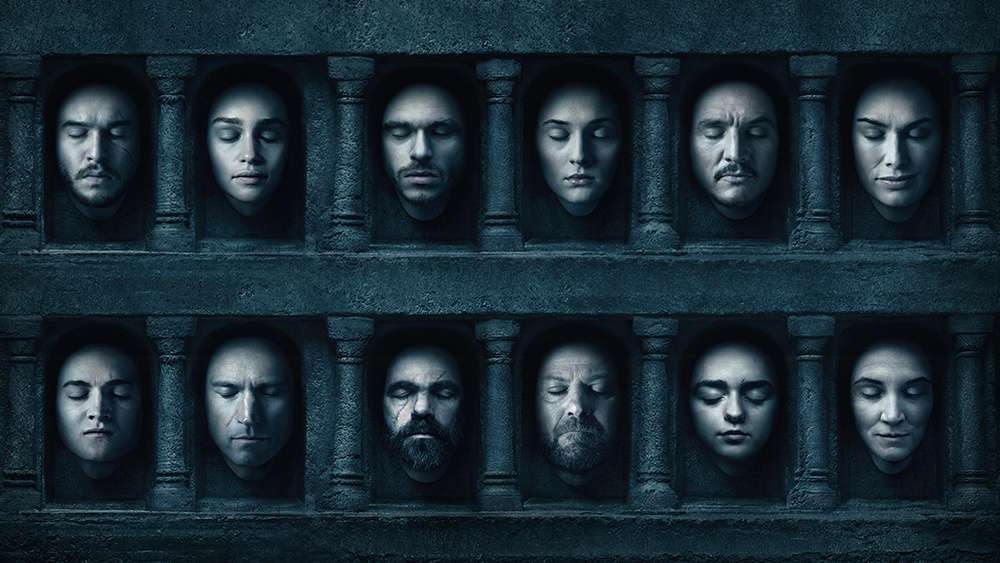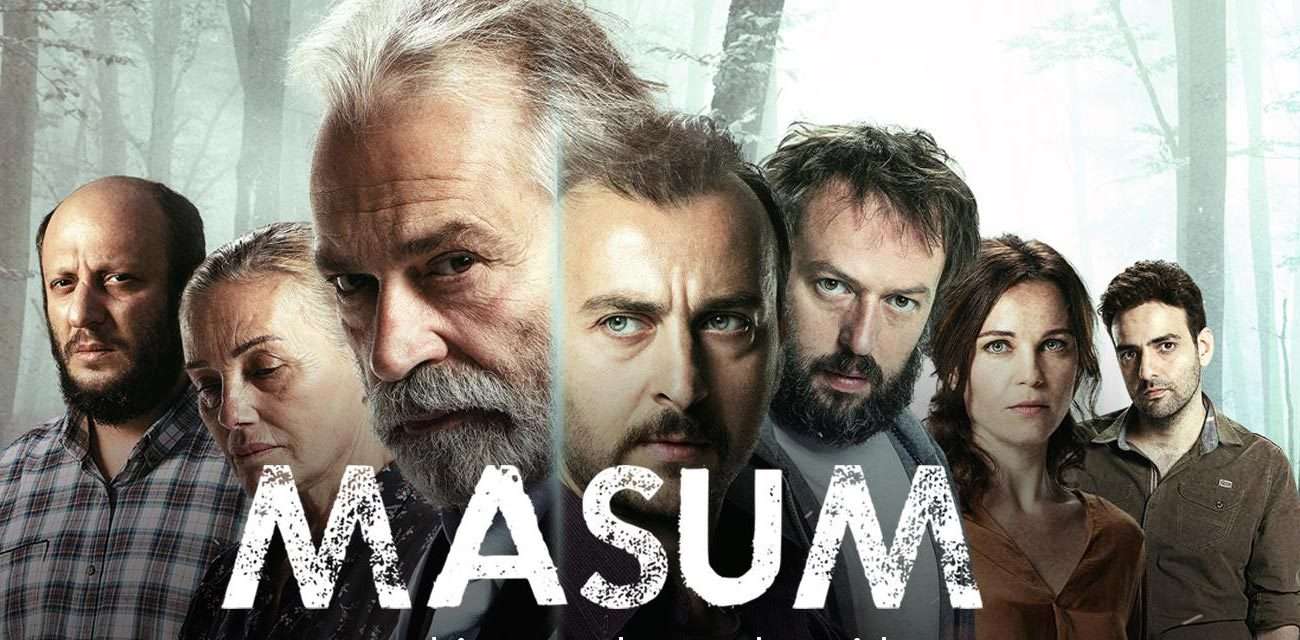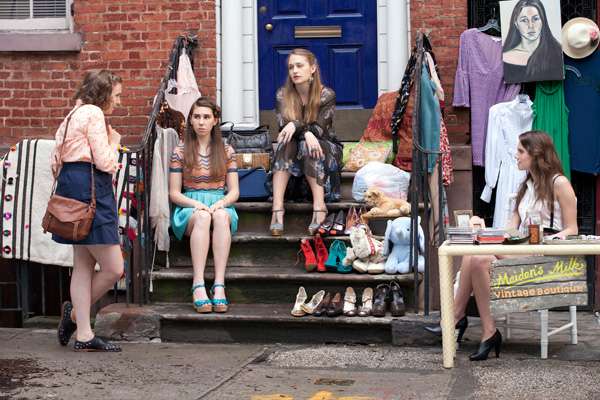
In 2006, when I started out in television studies, the discipline was reckoning with the impact of HBO’s entry into the marketplace for television drama. Academics tended to avoid words like ‘revolution’ but journalists flung them about with abandon, and contentious debates about ideas like ‘Quality’ (McCabe and Akass, 2007) and ‘Complexity’ (Mittell, 2006) were driving much of the conversation in TV studies.








